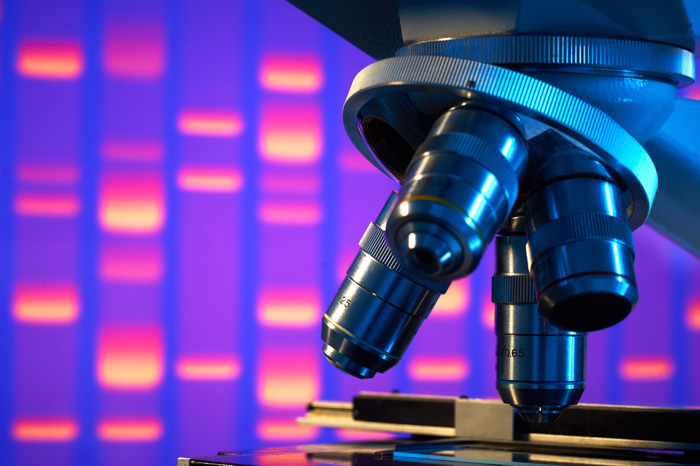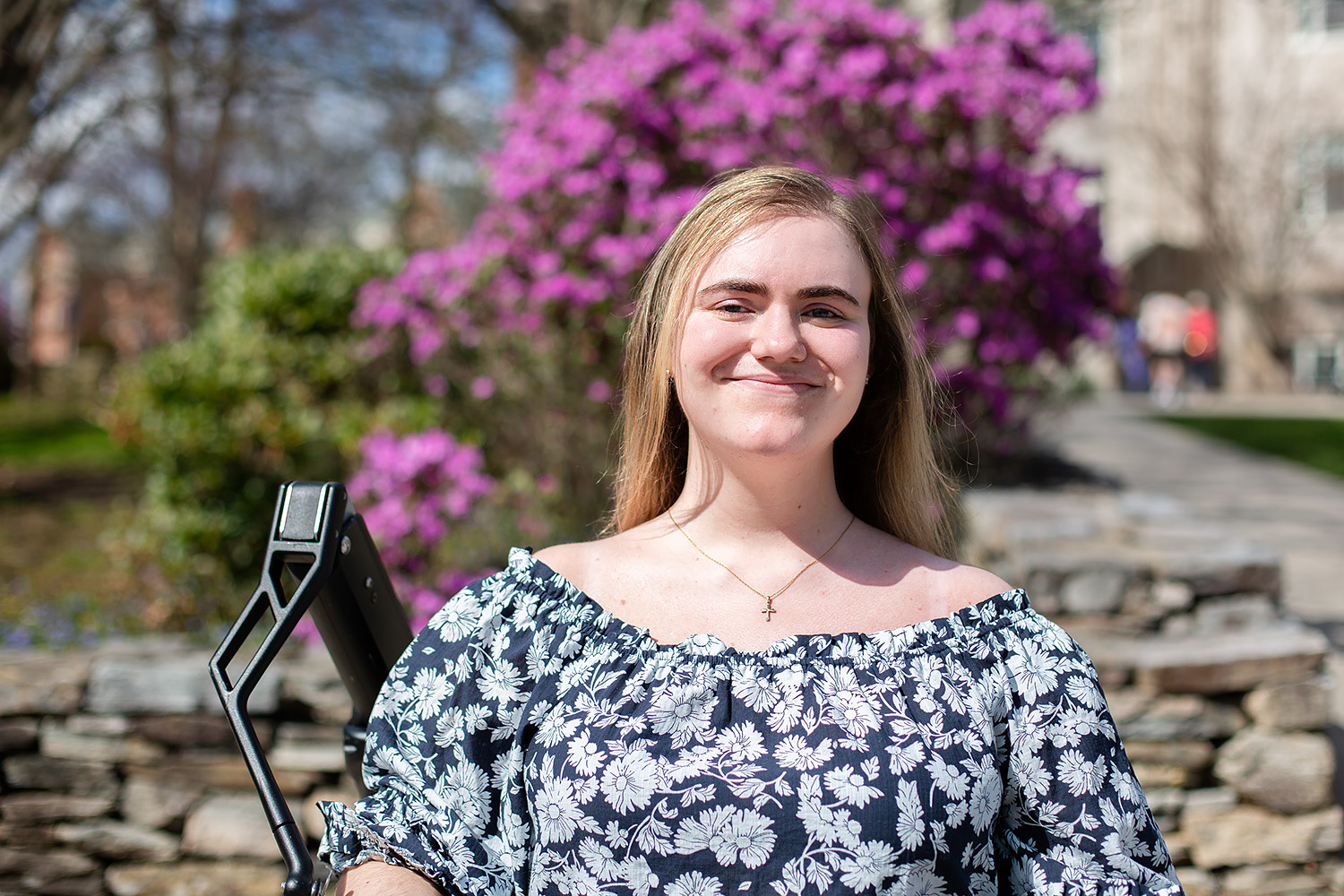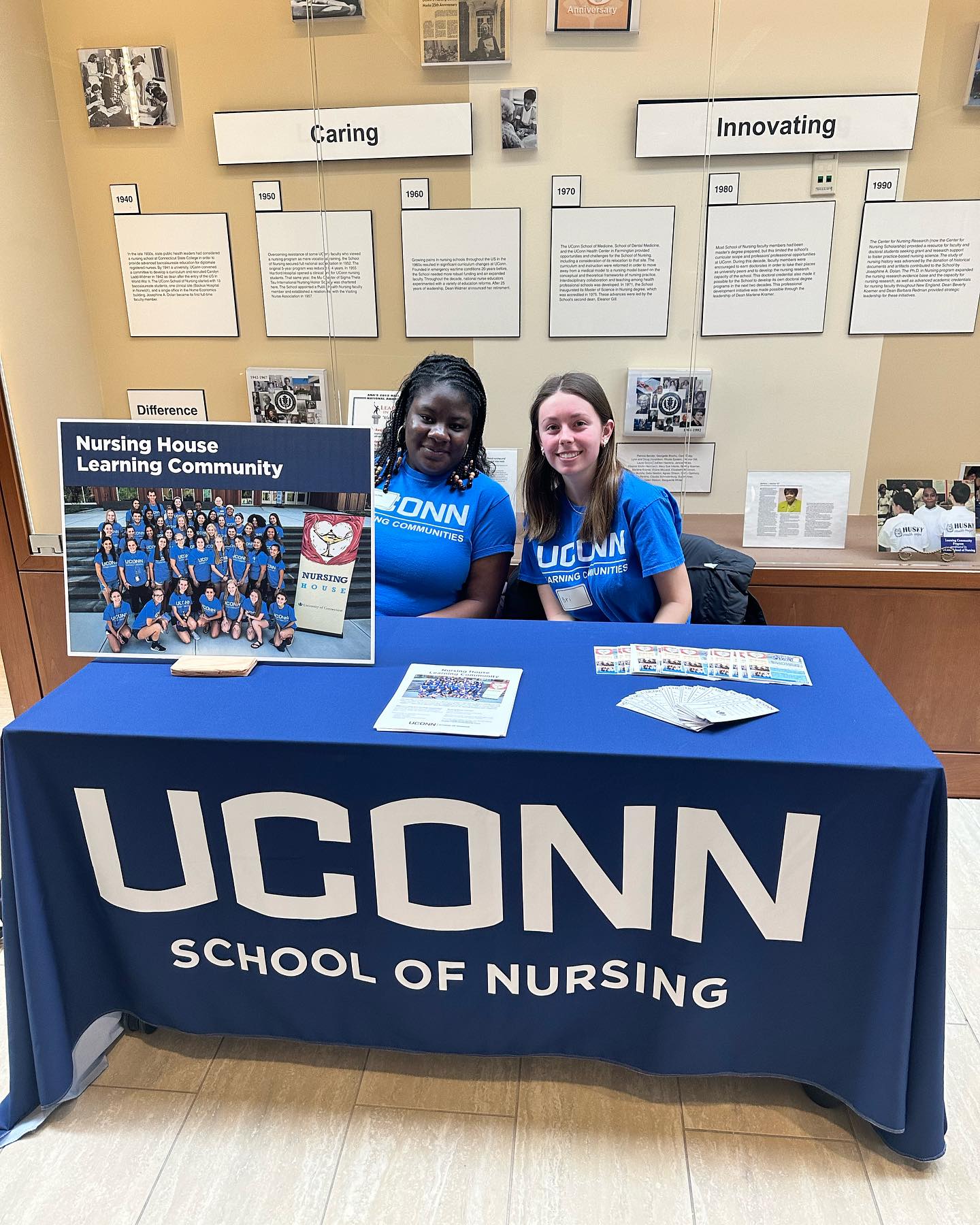
Jennifer Cavallari is an assistant professor in the Division of Environmental and Occupational Medicine. She holds a BS in chemistry from the University of Connecticut, and an MS and ScD in environmental health from Harvard School of Public Health. She is a Certified Industrial Hygienist. Cavallari’s research interests focus on exposure assessment for environmental and occupational epidemiology. She is also interested in the use of biomarkers both as measures of exposure and preclinical markers of disease, especially cardiovascular disease. Current research projects include evaluating exposure to diesel exhaust among truck terminal workers, identifying the cardiovascular responses to second hand smoke exposures among construction workers, exposure characterization and evaluating adoption process among custodians using green cleaning, and understanding the cardiovascular effects of noise exposures.

Andrei Medvedev is an associate professor in the Department of Immunology. He earned his Ph.D. in immunology at the Gabrichevsky Epidemiol and Microbiol Institute in Moscow. He also has a Master of Science in biochemistry from the 2nd Moscow Medical Institute. His post graduate training includes a fellowship with the Norwegian Cancer Society and post doctoral work in the Department of Microbiology and Immunology at the Uniformed Services University of the Health Sciences in Bethesda, Maryland. Medvedev’s laboratory is focused on determining how distorted control of Toll-like receptor (TLR) signaling underlies immune pathologies. The main areas of research are: Molecular mechanisms of TLR tolerance; TLR2/4 mutations, bacterial sensing and receptor signaling; and TLR signaling and autoimmunity.

Dr. Annabelle Rodriguez-Oquendo is a professor of cell biology and recipient of the Linda and David Roth Chair in Cardiovascular Research. She came to the Health Center from Johns Hopkins University School of Medicine. She received her undergraduate degree at Rutgers and her medical education at New Jersey Medical School. It was postgraduate training at the Medical College of Pennsylvania, internationally known for research into cholesterol and metabolism, that sparked her interest in the research aspects of medicine. Rodriguez-Oquendo is studying the genetic link between healthy HDL cholesterol, heart disease, and infertility in women. Her work suggests that variations within the SCARB1 gene, connected to HDL levels, are associated with heart disease risk as well as hormonal and fertility problems in women. The goal of her discoveries is the development of methods to diagnose and, ultimately, treat heart disease and improve a woman’s ability to conceive.
Follow the UConn Health Center on Facebook, Twitter and YouTube.



